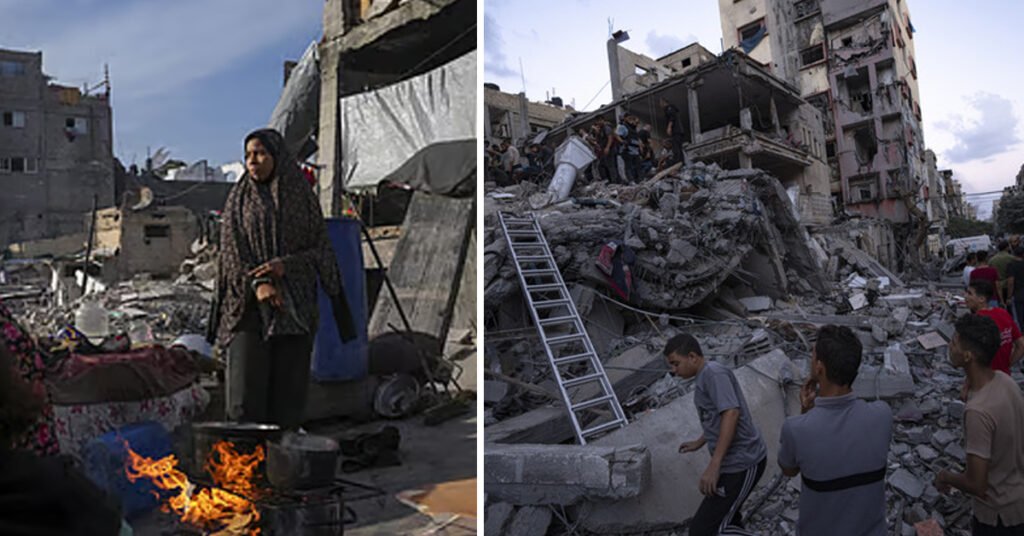Israel and Hamas’s fragile ceasefire has officially ended, which means that there will be heavy military actions in the Gaza Strip again. After several failed attempts to free the hostages, the Israel Defense Forces (IDF) launched a new round of airstrikes against Hamas bases. The world is paying close attention as emotions rise, waiting to see what will happen if violence breaks out again in the area.
The End of the Ceasefire in Gaza
Why did the cease-fire not work?
Officials say that the ceasefire, which had briefly stopped fighting, ended because Hamas refused to free Israeli hostages. Through U.S. and foreign mediators, Israel had made several offers of deals, but they were all turned down.
The Israeli government’s reason for launching new attacks
Israel’s Defense Minister, Israel Katz, said that military activities started up again to reach certain goals, such as freeing both alive and dead hostages. The IDF made it clear that they had to start attacking again because Hamas refused to work with them.
Hamas’s Views on the Battle
On the other hand, Hamas says that Israel is using too much force and not keeping promises made in the past. The militant group has asked for help from other countries and asked the UN and Arab countries to protest the strikes.
Military Actions and Long-Term Goals
The IDF’s plan for military action
Israeli officials confirmed that the most recent round of strikes went after important Hamas infrastructure, known arms depots, and mid-level leaders. The military wants to make it harder for Hamas to do its work while keeping pressure on its leaders.
Military operations going beyond airstrikes
The first attacks were done with bombs dropped from the air, but IDF sources say that strikes on the ground are also being thought about. Special troops have been sent to keep an eye on possible threats and stop them.
Concerns for civilians and those in need
Humanitarian groups are worried about civilian deaths and displacement because airstrikes are hitting places with lots of people. The UN has asked for calm and stressed how important it is to protect civilians right away.

Responses from around the world to the new conflict
What the United States Did
The U.S. has said again that it supports Israel’s right to defend itself and is calling for more diplomatic attempts to stop the fighting.
What the European Union thinks about the conflict
Leaders of the EU are upset that the agreement didn’t work and want both sides to go back to the negotiating table.
The Arab nations’ point of view
Countries like Egypt and Qatar, which were very important in past peace attempts, have spoken out against the airstrikes and asked for calm to return.
The Future of Relations Between Israel and Hamas
What Will Happen Next?
Experts say that the conflict could get worse if both sides don’t agree to new terms. This could mean more deaths and damage.
The chance of another ceasefire agreement
Even though fighting is still going on, mediators are working behind the scenes to find a way to stop it for a while.

